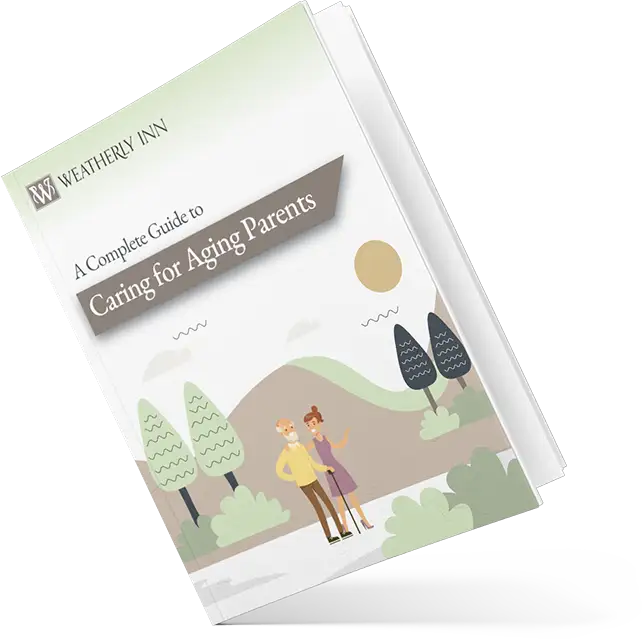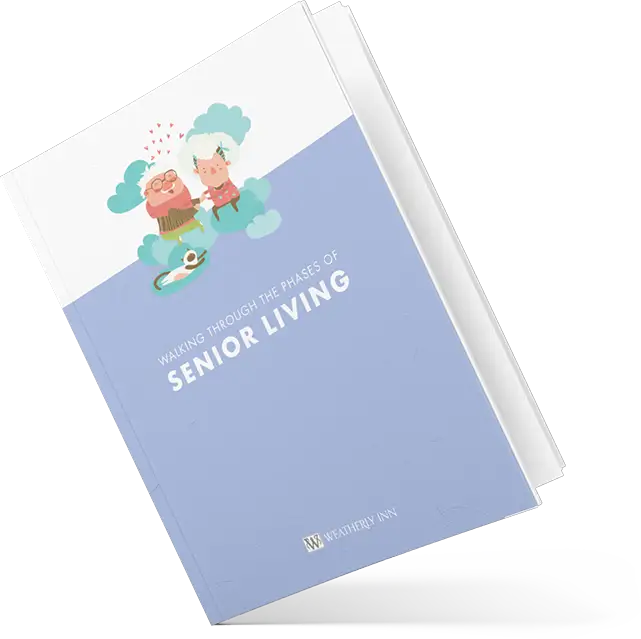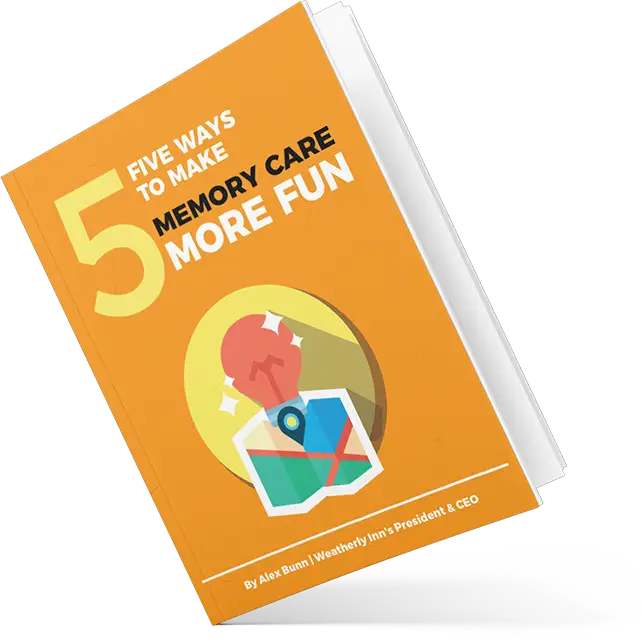September 23, 2020
Acting as a caregiver for an older individual is a meaningful and thoughtful role. It’s also a challenging one. While it’s rewarding to help others with home care when they need it most, serving in a caregiving role can be stressful. We understand! Family caregivers are asked to become overnight experts in everything from senior medical needs to senior nutrition. We understand. We’ve composed this list to help new caregivers learn the ropes and practice excellent home care.
We know duties can pile up. We’ll introduce you to the five most important tasks you’ll need to provide your loved one with an excellent quality of life.
Here are the top five caregiver duties, explained.
1. Assess Your Senior’s Medical Needs
The most crucial duty any caregiver has is to closely monitor your loved one’s health and to communicate with healthcare professionals about their medical care. Every other detail of your caregiving responsibilities and home care schedule will revolve around your family member’s health.
Here are some starting points:
- Learn about their unique health profile. Talk to your loved one’s physician and any other specialty medical professionals. Bring a notebook and pen to medical appointments and telehealth appointments, and ask questions about their condition, medications, and daily expectations.
- Ask about their dietary needs. We’ll talk more about this in a moment, but you wouldn’t be the first family member in history to be surprised that their aging parent or grandparent has personal dietary needs they never mentioned. Older adults often are very private about their medical situation.
- Learn the warning signs of senior health problems, such as changes in memory, changes in physical mobility, mood changes, and weight loss.
- Buy a pharmaceutical organizer. Some drugs need to be administered daily, hourly, weekly, or monthly. Medications can interact with each other and have dangerous results, so having a medication management container is essential.
You should also learn how to manually check blood pressure, and use a high-quality thermometer to take your loved one’s temperature. Next, it’s time to prepare a care plan.
2. Follow a Care Plan
The next most critical caregiver responsibility is to prepare a care plan for your loved one. This will be a guide to help you provide the best home care possible. It will also become a valuable tool if someone else needs to handle your caregiver duties in an emergency.
Consider including these details:
- Assess your loved one’s ability to handle activities of daily living. Can they bathe themselves, feed themselves, and dress without help? We’ll talk more about this a little later.
- Consider their personal hygiene needs. Your loved one might need assistance with using the restroom or require extra bedding changes.
- There may be more accidents and thus more laundry. Are they able to do their own laundry? If not, check prices and consider a laundry service.
- Plan out a daily, weekly, and monthly schedule to ensure all medical appointments, prescription pickups, and social activities can happen.
- Don’t forget about the mail! You’ll likely need to schedule a “shift” every month to help pay the bills, check bank statements, and handle other paperwork.
Once you’ve developed a care plan, it’s time to think about senior nutrition.
3. Prepare Nutritious Meals for Seniors
By now, you’re familiar with your loved one’s health and medical conditions. Senior nutrition plays a key role in overall health, alertness, and the ability to fight off diseases for older adults.
Keep this in mind while meal planning, grocery shopping, and cooking for your family member so that you can address any special dietary needs. People with certain conditions such as Alzheimer’s or Parkinson’s can benefit from specific diets. It’s also important to note how some medications, such as blood thinners or anti-clotting drugs, might be canceled out by foods rich in certain vitamins.
Aging adults sometimes struggle with limited appetite. Heavy, hearty meals that are difficult to chew can be tiring. So don’t waste your grocery budget on tough steaks and corn on the cob. Additionally, be sure your loved one has access to easily chewable snacks during the day, like cheeses or soft fruits.
4. Help Your Loved One with Personal Hygiene/Personal Care
A big part of quality home care is personal hygiene. We’ve already mentioned that your loved one might struggle with incontinence, bathing, or personal grooming and might be reluctant to talk about these topics. However, you must discuss personal care with them and develop a personal care plan. Be sincere but firm, and sometimes creative.
For instance, your family member might be perfectly capable of bathing and of caring for their dentures, but they may struggle with foot care. If your family member is reluctant (even belligerent) about accepting your help, make an appointment with a podiatrist. Their feet will get the much-needed attention they need without making your family member uncomfortable or upset.
Finally, let’s talk about the most valuable part of your time with your loved one: companionship.
5. Provide Companionship for Your Loved One
Feelings of loneliness and isolation are a serious problem among the elderly. Seniors need human companionship and consistent emotional support to thrive, so make sure you spend some of your caregiving time simply enjoying your family member’s company.
Acting as a family caregiver can be incredibly rewarding for you and your loved one. However, sometimes the weight of caregiving responsibilities can become too much.
For members of the sandwich generation in particular — middle-age adults caring for children, grandchildren, aging parents, and holding down a job — providing quality home care on a daily basis is demanding. You’re often trying to juggle a full-time career along with your caregiver job, which can add undue stress to your plate.
Sometimes, the best thing to do is talk to your family member about the realities of caregiver duties. It might be time to think about contacting professional home care agencies that provide home health. Or, you might want to consider moving your loved one into assisted living. This isn’t a decision to be made overnight, so contact us or schedule a tour if you’d like to learn more.
Related Reading & Resources:
Vantagemobility.com: Caregiver Duties and Responsibilities Guide



